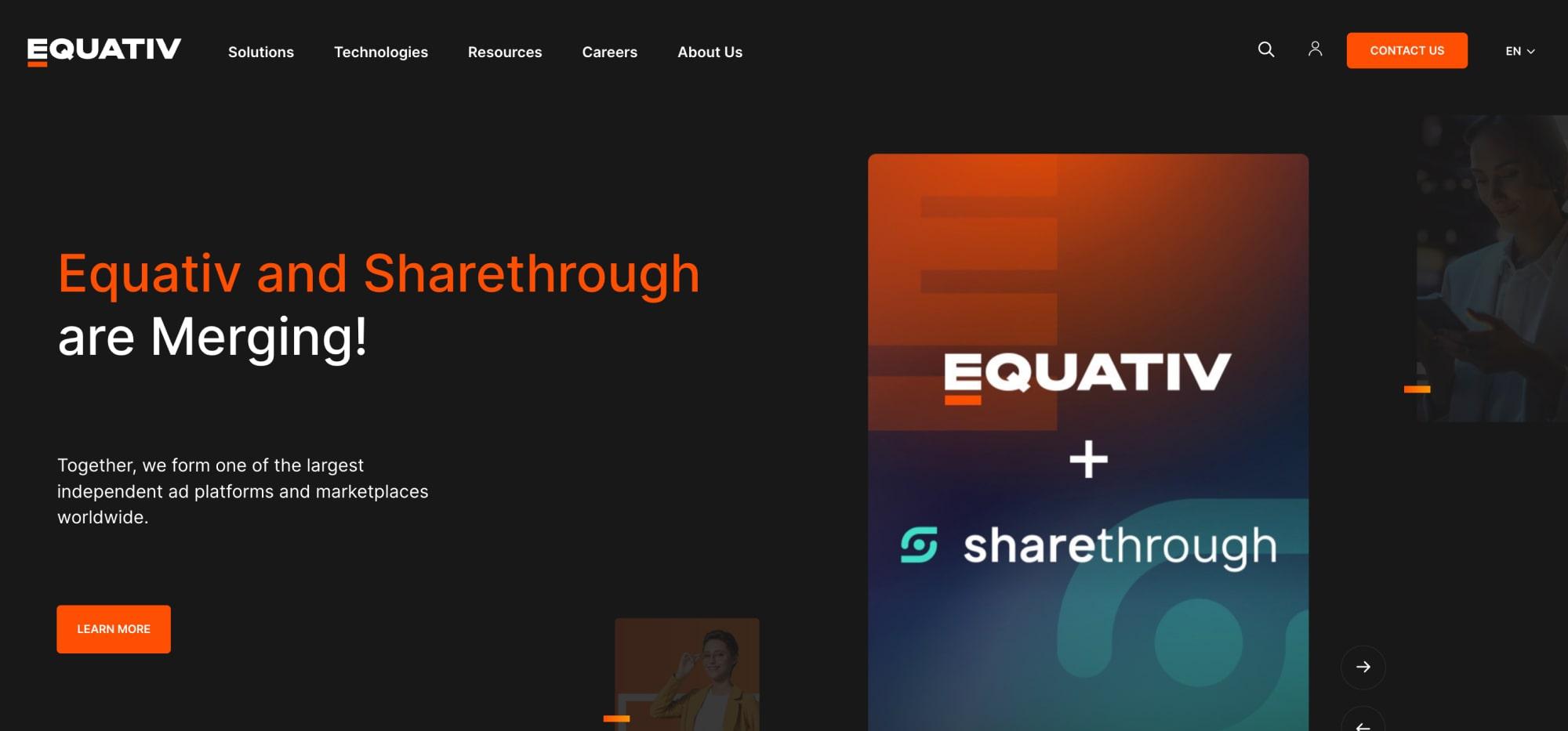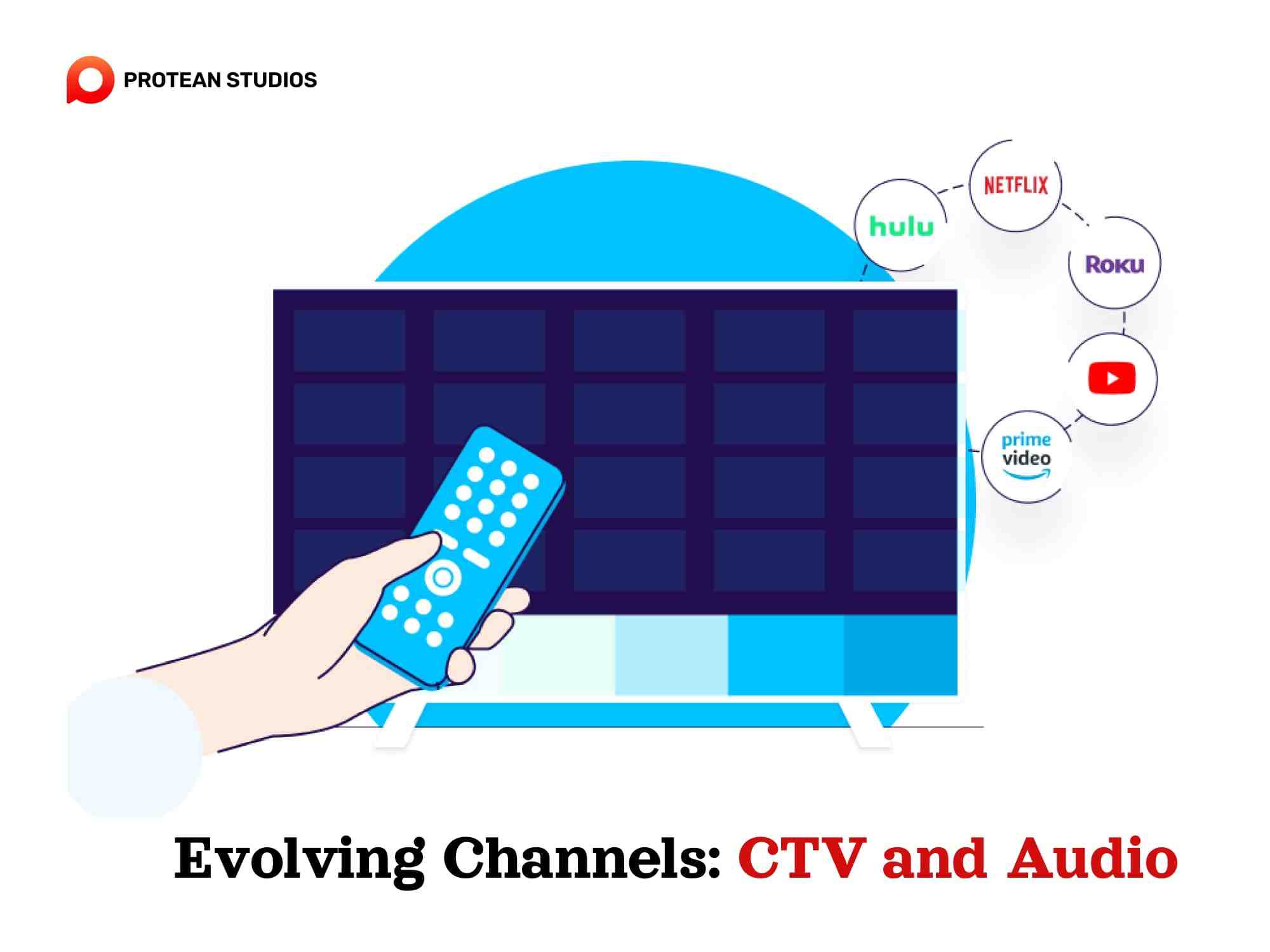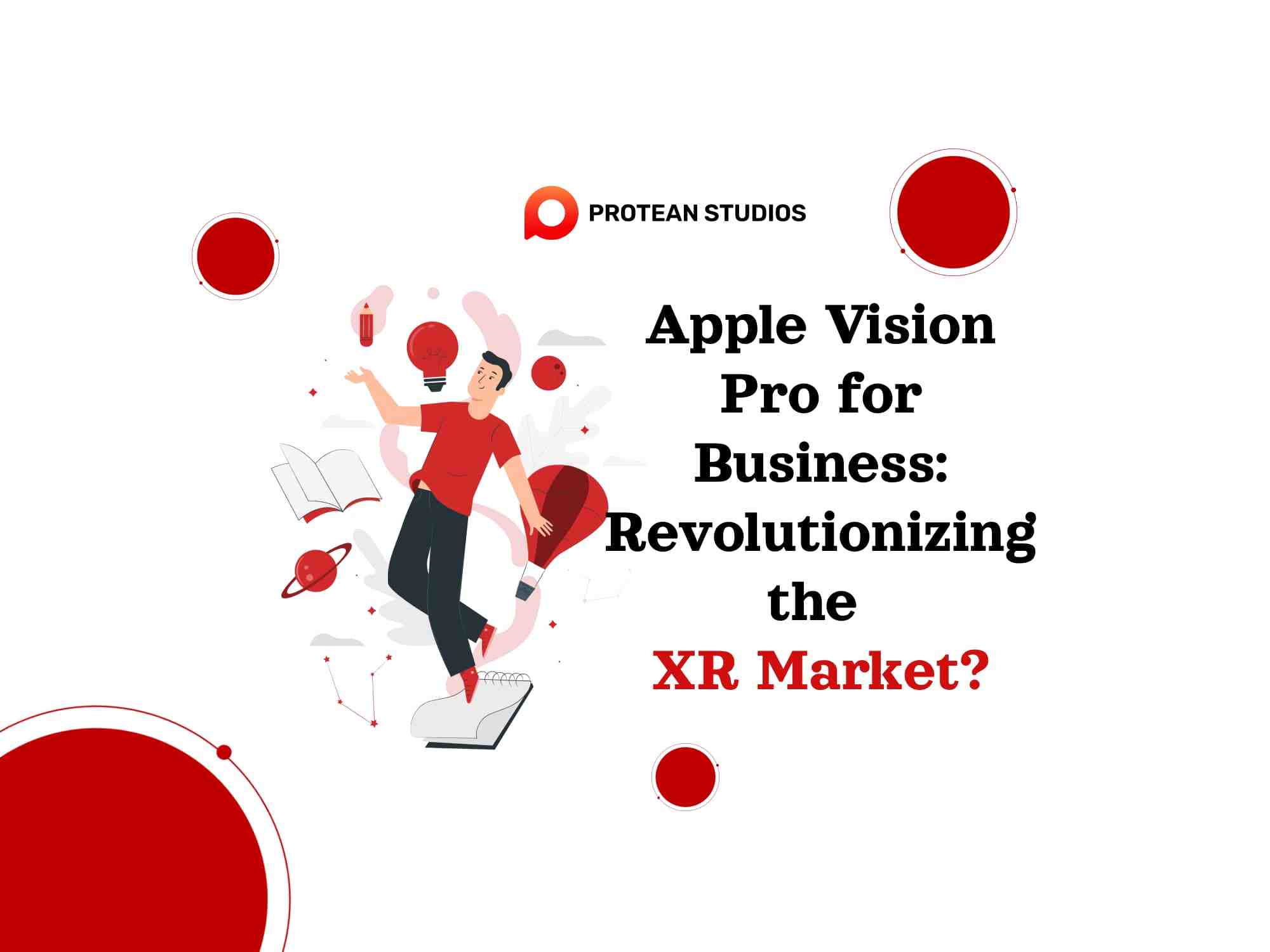The advertising technology (ad tech) industry has experienced a tumultuous journey in recent years, marked by periods of rapid growth, consolidation, and economic downturns. Yet, amidst the challenges, there are signs of a resurgence in ad tech investment and mergers and acquisitions (M&A) activity. This trend is driven by several key factors, including evolving consumer behavior, technological advancements, and changing market dynamics.
SSP Integration
Last month saw a significant merger in the independent ad tech sector as French company Equativ merged with Canadian ad exchange Sharethrough. This newly formed entity, still awaiting a name (fingers crossed for an easy pronunciation! ), is set to generate net recurring revenue exceeding USD $200 million (£158 million). The merger strengthens its position in key markets, with both companies targeting expansion in the CTV sector. Sharethrough’s focus on attention and sustainability complements Equativ’s recent advancements in curation.

Learn more: Understanding Advertising Technology (AdTech)
Despite ongoing challenges facing SSPs, such as resistance to MFAs and uncertainties surrounding Google’s third-party cookie deprecation following tests of its Privacy Sandbox APIs, Equativ (+16%) and Sharethrough (+20%) are both showing impressive growth. They are outpacing the average annual revenue increase (+13%) reported by public firms in the EW Ad Tech bucket through Q1.
Looking ahead, the side can expect further investments in emerging areas like curation, retail media, and AI. Exchanges are likely to pursue both organic and inorganic growth in CTV and attention products as the market seeks to enhance inventory quality as a defense against these headwinds. The upcoming Google-DOJ case, set to be a hot topic at ATS London, could ignite even more activity on the supply side...
Mobile Industry Shifts
The mobile space has seen a start to the summer, highlighted by two significant acquisitions in June. Verve Group acquired the mobile video and gaming network Jun Group for USD $185 million (£146 million) while raising SEK 450 million (£33.5 million) through a share issue.
Despite Verve’s efforts to diversify, this acquisition strengthens its core mobile business by expanding its buy-side client base. The deal, at a low 3.8x EV/adj.EBITDA, increases Verve’s revenue by 25%, thanks to Jun Group’s former owner, Advantage Solutions, needing to divest assets due to financial struggles.

Read more: AdTech Trends In 2024: Exploring The Future Of AdTech
Another notable acquisition was French mobile games publisher Voodoo’s purchase of social media platform BeReal for €500 million (£422 million). BeReal, despite its 40 million active users, struggled to reach profitability, prompting the sale. Voodoo, aiming to diversify from its hyper-casual gaming roots, sees potential in BeReal but must tread with ad placements to maintain the platform’s reputation for authenticity.
These deals reflect the ongoing shifts in the mobile industry as companies navigate a post-pandemic landscape where some are eager to continue the ride while others are looking to exit.
Evolving Channels: CTV and Audio
The year began with Walmart purchasing TV manufacturer Vizio for about USD $2.3 billion (£1.8 billion), marking a major shift in Walmart’s strategy towards controlling its own CTV and retail media ecosystem.
Meanwhile, 2024 has been tough for Paramount Global, which lost USD $554 million (£432 million) in Q1 as linear operations declined and Paramount struggled. The on-again, off-again merger with Skydance is back on, with an USD $8 billion (£6.2 billion) investment from the Ellison family and RedBird Capital, valuing the merged company at around USD $28 billion (£22 billion). Paramount plans to continue distributing content across third-party platforms despite concerns it may hurt its own streaming service subscriptions.

In the ad tech world, TV advertising specialist Cadent acquired AdTheorent for USD $324 million (£253 million) in June, reducing the number of public companies in the sector.
iHeartMedia’s Triton Digital acquired Sounder to improve contextual targeting and brand safety in audio advertising, aiming to capture more programmatic ad spend.
With tight consumer budgets, the fragmented CTV and audio markets are expected to see further consolidation, focusing on filling specific gaps in company offerings rather than broad CTV investments.
Other Article: Leading AdTech Ecosystem Tools In 2024
Data Privacy and Management
Expansion was the focus in a recent acquisition as Seedtag entered the Australian market by acquiring creative intelligence firm JustEggs. This move adds to Seedtag’s 2023 expansions into India, Peru, and Canada, showing global interest in contextual solutions.
In January, LiveRamp acquired Habu, a data clean room software provider, for around USD $200 million (£156 million). This acquisition, with a high EV/Revenue over 10x, strengthens LiveRamp’s position by integrating Habu's capabilities across major platforms like Amazon, Google, and Facebook, enhancing its open web activations.
Fast forward to June, Mozilla purchased Anonym, a firm specializing in privacy-preserving advertising solutions. This marks Mozilla’s entry into digital advertising beyond its Firefox browser. While this could position Mozilla well for the post-cookie era, challenges around user data pseudonymization could arise, especially with GDPR compliance concerns.
Deeper Discover: Tips To Stay On Top Of Advertising Technology
As data privacy laws continue to evolve, expect more investments in privacy and contextual solutions, with fast-paced acquisitions as the cookie deprecation deadline approaches.
In conclusion, the ad tech industry is experiencing a resurgence, driven by a combination of factors including increased demand, technological advancements, and changing consumer behaviors. Investors and companies are recognizing the potential for growth and profitability in this sector, leading to a renewed focus on investment and M&A activity. As the ad tech landscape continues to evolve, it is anticipated that this trend will persist, shaping the future of digital advertising.




